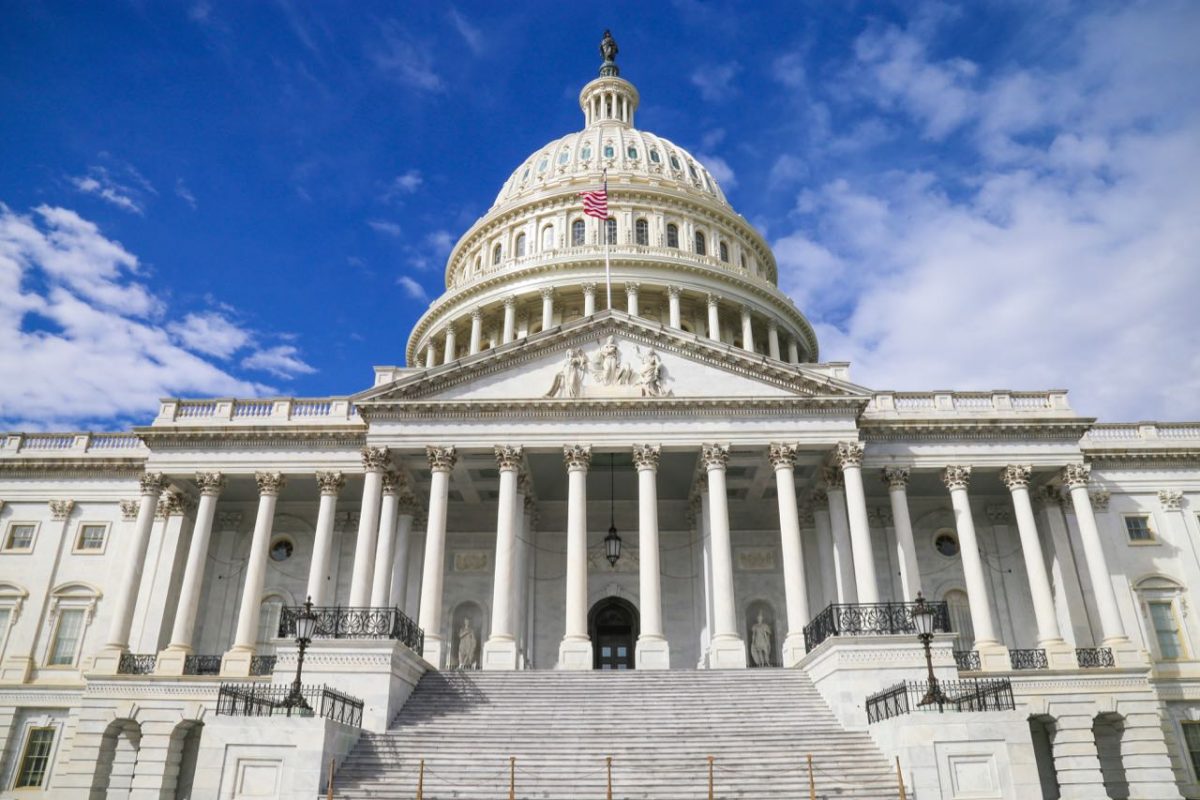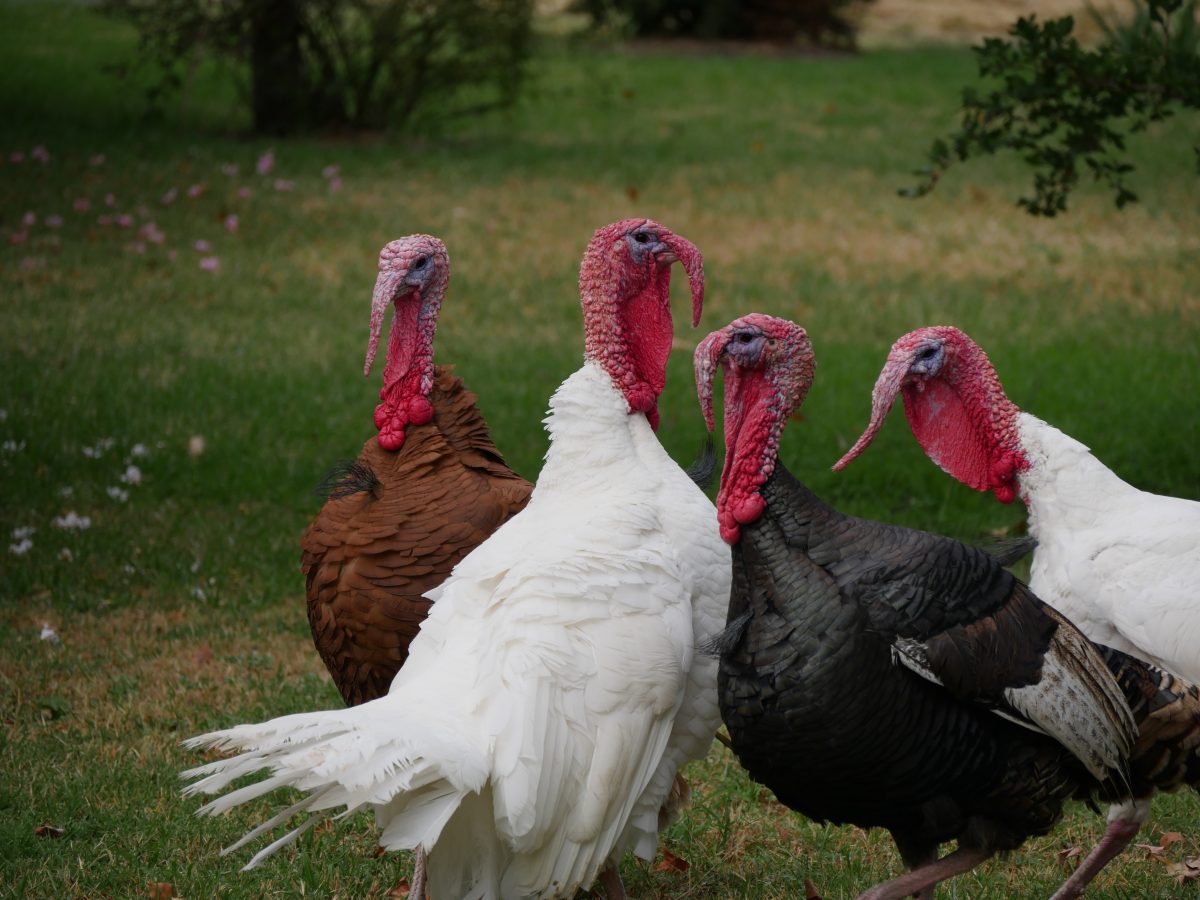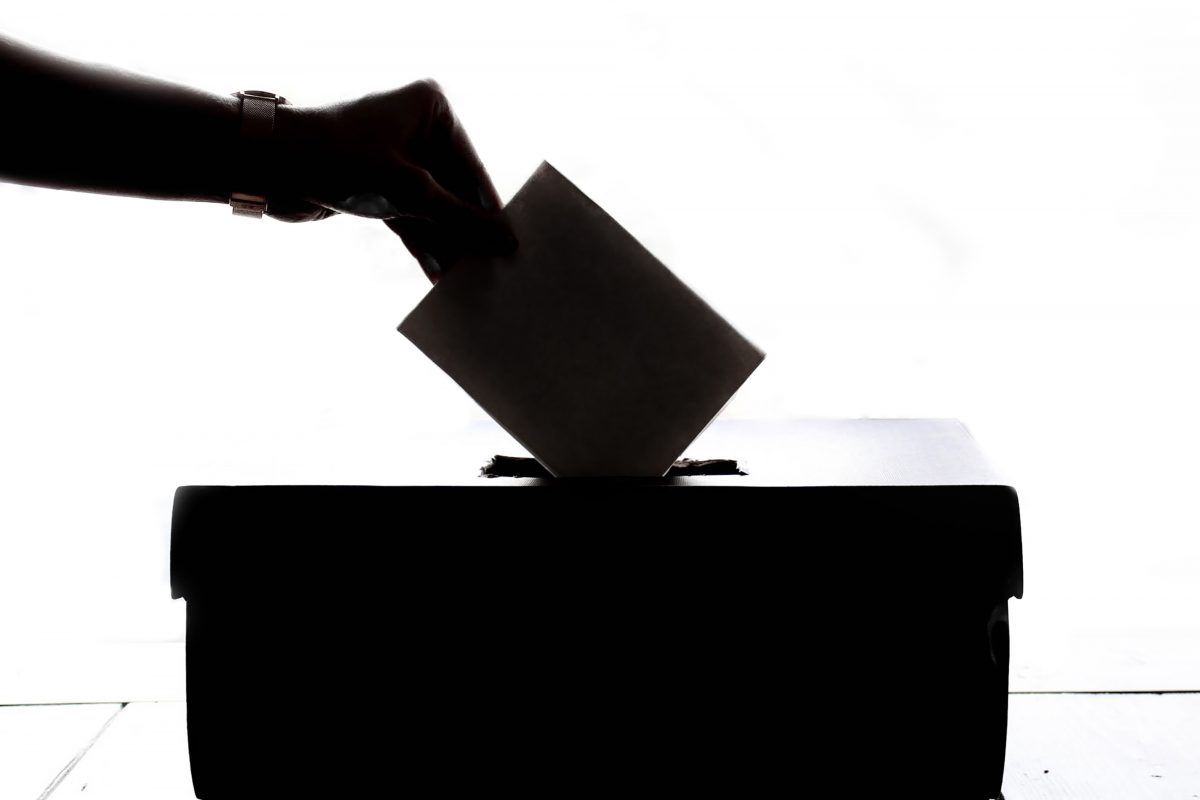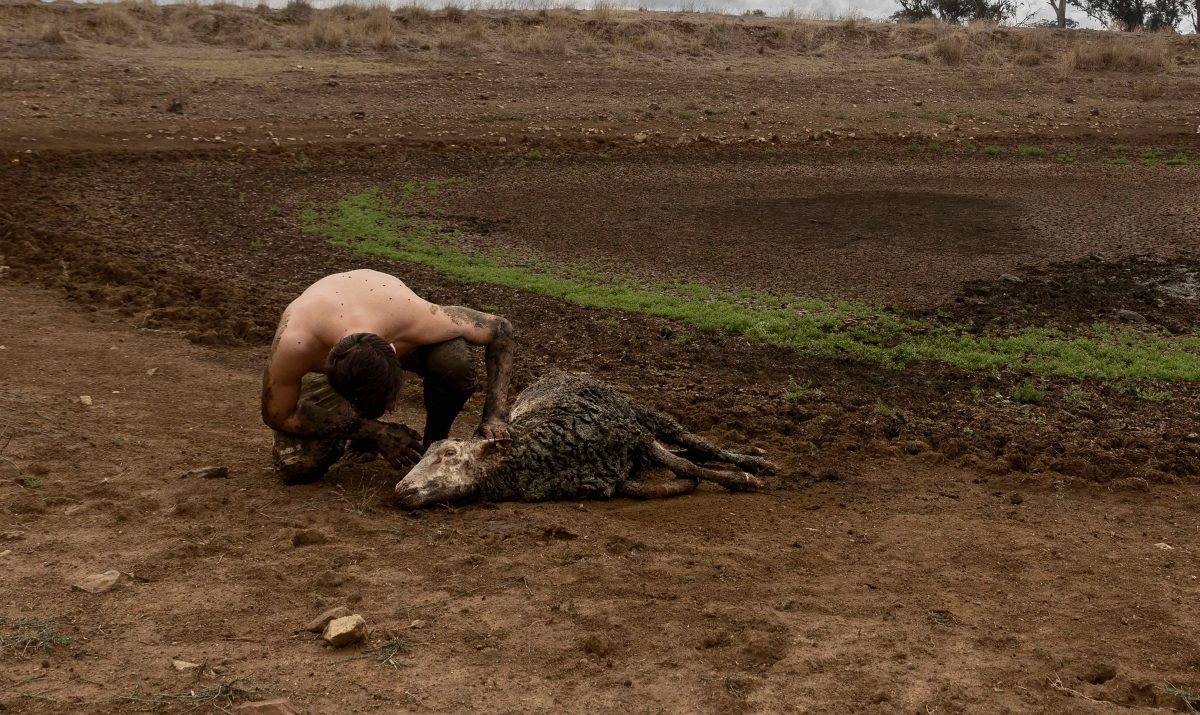Bill Clinton was impeached in the 90’s, not for oral sex from an intern, although that was the real issue, but for lying under oath. He defended himself in the Senate and eventually won. Why? Because the country – not to mention the Senate – didn’t think a married man getting oral sex from an intern was grounds for removal of – at that time – a pretty effective President.
(“OK, the lie was bad”, a friend of mine said at the time, “but look at what he lied about. Come on!”)
I didn’t realize it at the time, but that whole impeachment process was not just judicial, with witnesses and lawyers and the Supreme Court Justice. Nope, it was a PR fight, too, and Clinton had won.
He established a campaign war room that applied a “leave-no-attack-unanswered” strategy. Even though he did, in fact, lie under oath, he convinced the public to give him a pass. And they convinced their Senators to give him a pass.
The Republicans didn’t know what hit them.
But they learned. Today, they are applying the same strategy. Trump has hired former Florida Attorney General Pam Bondi and former Treasury Department spokesman Tony Salegh to direct impeachment communications.
They have been immediately effective.
Republicans and their surrogates- during TV and radio shows, in Congressional hearings, or newspaper interviews – use the same exact lines over and over again: “the process is unfair”, “no quid pro quo”, “no direct evidence”, “it’s a rush to judgment”, “let the courts decide”, and “they’re trying to undo the 2016 election.”
The Democrats, meanwhile, continue plodding through the legal requirements of Impeachment, referring to Republicans in formal, even cordial terms, and maintaining “decorum”.
That worked against Nixon in the 70’s, but today there is Fox News, Social Media, and podcasts reaching out to a populace that doesn’t trust lawyers or Congress.
What the Democrats should do is what Trump is doing: fight for the hearts and minds of the public. Because if anyone or anything will sway Republican Senators, it will be the public.
One small example: Congressional Democrats refer to their opponents in respectful and formal tones as “the Minority”, the time honored way to reference them. Republicans refer to their opponents, not as the “Majority”, but as “Democrats”. Their tone is disparaging and dismissive. The message: Democrats are bad guys, the enemy.
Democrats need their own PR team. They need a multi-media strategy unrelentingly focused on Trump’s bribery, obstruction of Justice, abuse of power, and anything else they can throw at him. They need surrogates trumpeting it in every corner of the media world.
While their PR team is pursuing that strategy, the Congressional Committees should subpoena every person Trump ordered not to testify. When they ignore the subpoenas, the Committees should take every one to court.
Yes, those cases may stretch into the spring. Yes, they will invariably end up at the Supreme Court, which could rule well into the fall campaign.
“Oh, Golly! We can’t have that!”, say the Democrats. “If we do, Trump will accuse us of trying to influence voters and the election!”
So what? Isn’t goal removing Trump from the Presidency? Would they rather rely on hearings to convince a public already tired of hearing about the hearings?
A sensible, rules-driven impeachment, the kind imagined by the Founding Fathers, is no longer possible. Trump has infused Clinton’s strategy with steroids, turning a sober presentation of facts into a no-holds barred barroom brawl.
As you read this, Trump’s lawyer, Rudy Guiliani, is in Ukraine, finishing a multi-part “documentary”, really a PR piece, supporting the thoroughly debunked theory of Ukraine interference in the 2016 election and continuing to smear Joe Biden. That bit of propaganda will probably air right in the middle of the Senate trial.
Are the Democrats ready to counter that? I doubt it.
This whole thing reminds me of a scene in “Raiders of The Lost Arc”. Harrison Ford is being challenged to a sword fight by a bad guy. The bad guy waves his sword in a menacing manner, whereupon Ford draws, not a sword, but a pistol, and shoots the guy. He changes the rules. End of problem.
Every leading Democrat, from Pelosi, to Schumer, to Schiff, to Nadler would do well to watch that scene.




